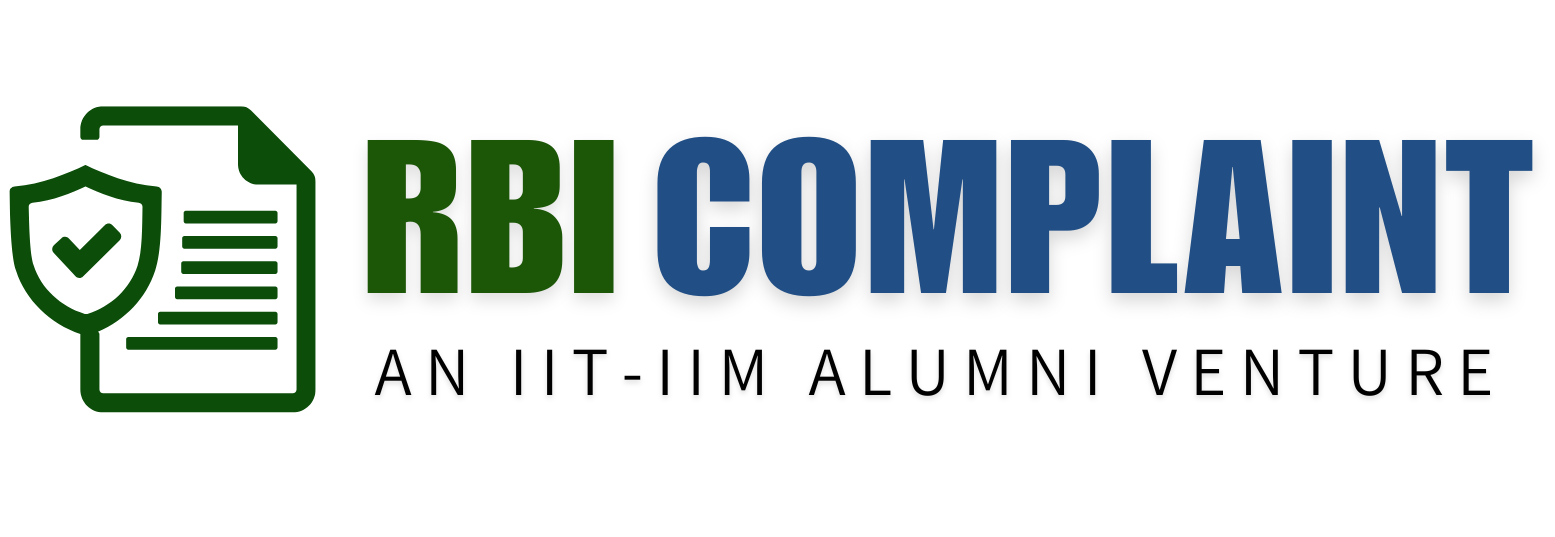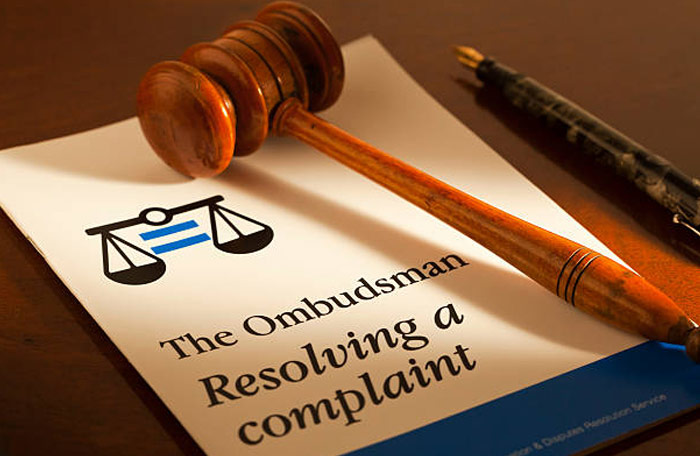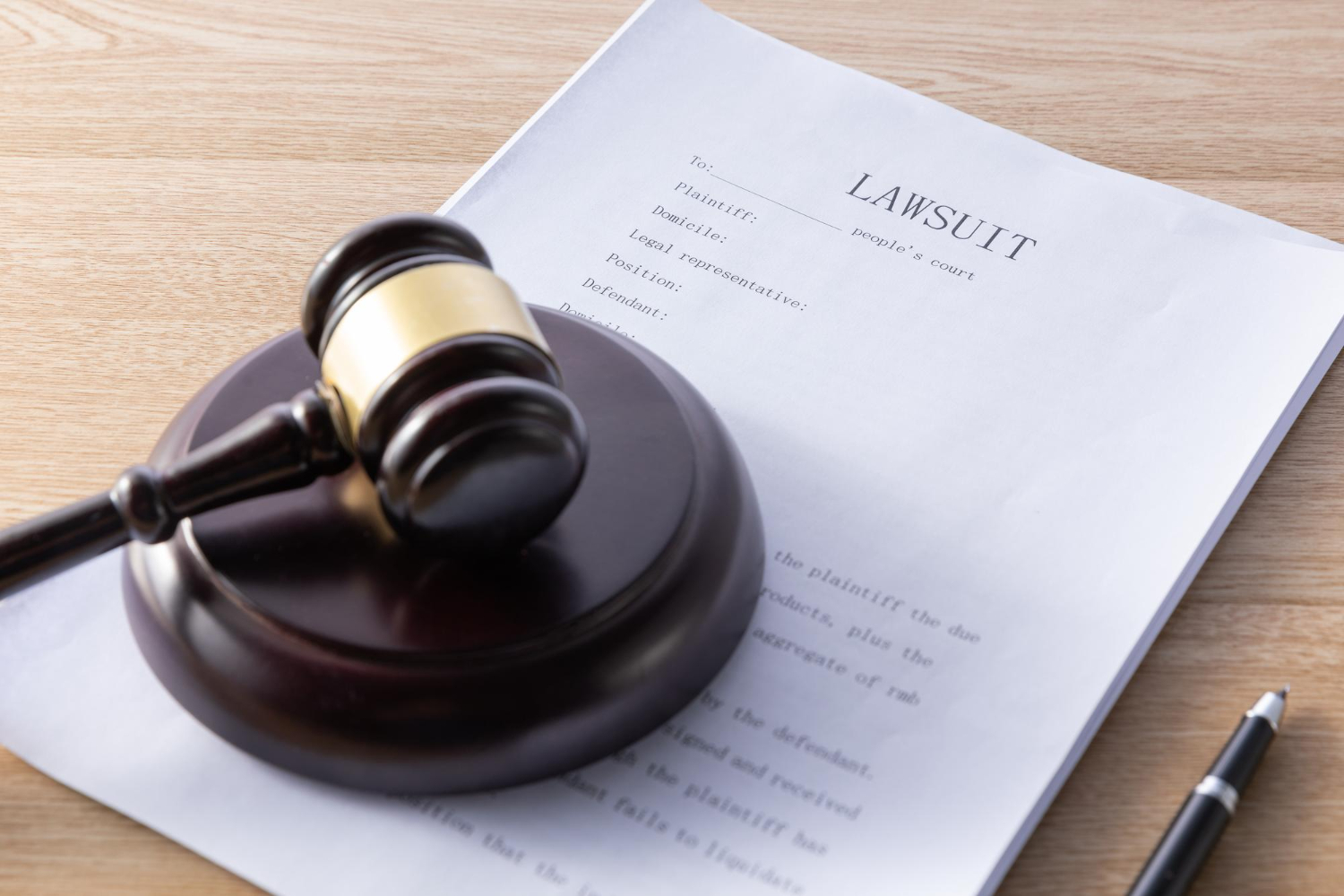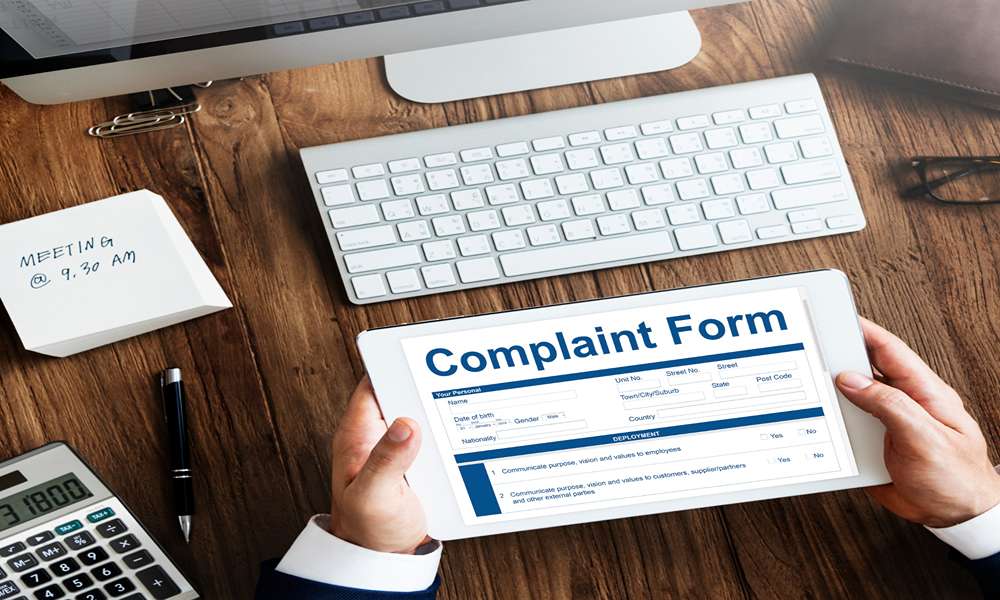· Bank Complaint · 2 min read
What is RBI Integrated Ombudsman scheme?
The RBI Integrated Ombudsman Scheme 2021 is a framework introduced by the Reserve Bank of India (RBI) to enhance and streamline the grievance redressal mechanism for customers of banks and Non-Banking Financial Companies (NBFCs). The scheme consolidates and replaces the earlier separate Ombudsman schemes for banks and NBFCs, aiming to provide a unified and efficient platform for complaint resolution.
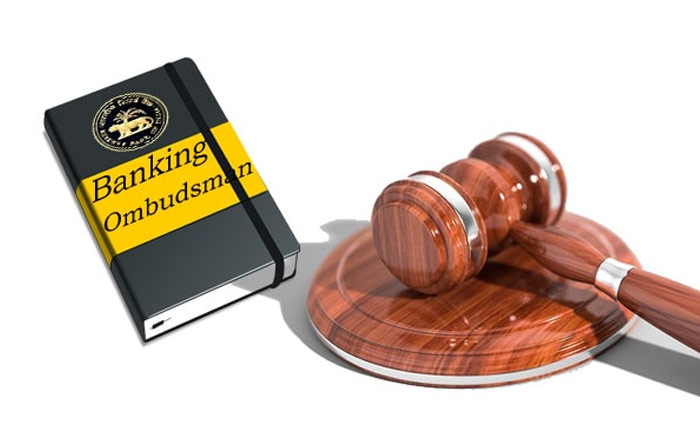
The RBI Integrated Ombudsman Scheme 2021 is a framework introduced by the Reserve Bank of India (RBI) to enhance and streamline the grievance redressal mechanism for customers of banks and Non-Banking Financial Companies (NBFCs). The scheme consolidates and replaces the earlier separate Ombudsman schemes for banks and NBFCs, aiming to provide a unified and efficient platform for complaint resolution.
Key features of the RBI Integrated Ombudsman Scheme 2021 include:
Comprehensive Coverage: The scheme covers all deposit-taking banks, including commercial banks, regional rural banks, and small finance banks, as well as NBFCs regulated by the RBI. It ensures that a wide range of financial service providers fall under its purview.
Common Ombudsman: Under the integrated scheme, a single Ombudsman is appointed to handle complaints related to banks and NBFCs. This eliminates the need for customers to approach multiple Ombudsman offices for similar grievances.
Increased Monetary Jurisdiction: The monetary jurisdiction of the Ombudsman has been enhanced to enable the resolution of higher value complaints. The Ombudsman can now handle complaints up to ₹20 million (previously ₹10 million) for banks and ₹20 million (previously ₹20 million) for NBFCs.
Digital Complaint Filing: The scheme promotes online filing of complaints through the CMS portal, making the process convenient and accessible to customers across the country. It allows complainants to submit their grievances electronically, reducing paperwork and enhancing efficiency.
Expeditious Resolution: The scheme emphasizes timely resolution of complaints. The Ombudsman is required to make efforts to resolve complaints through conciliation or mediation within a specific timeline. If resolution is not achieved, an award is passed after conducting a thorough examination.
Powers and Authority: The Ombudsman has the authority to summon and enforce the attendance of witnesses, examine them under oath, and call for necessary documents. They can also impose penalties on banks and NBFCs for non-compliance with their directives.
The RBI Integrated Ombudsman Scheme 2021 aims to provide a fair, transparent, and accessible mechanism for addressing customer grievances and ensuring speedy resolution. It strengthens consumer protection and reinforces the RBI’s commitment to maintaining the integrity of the banking and NBFC sectors.
